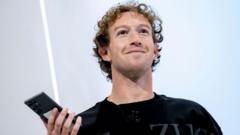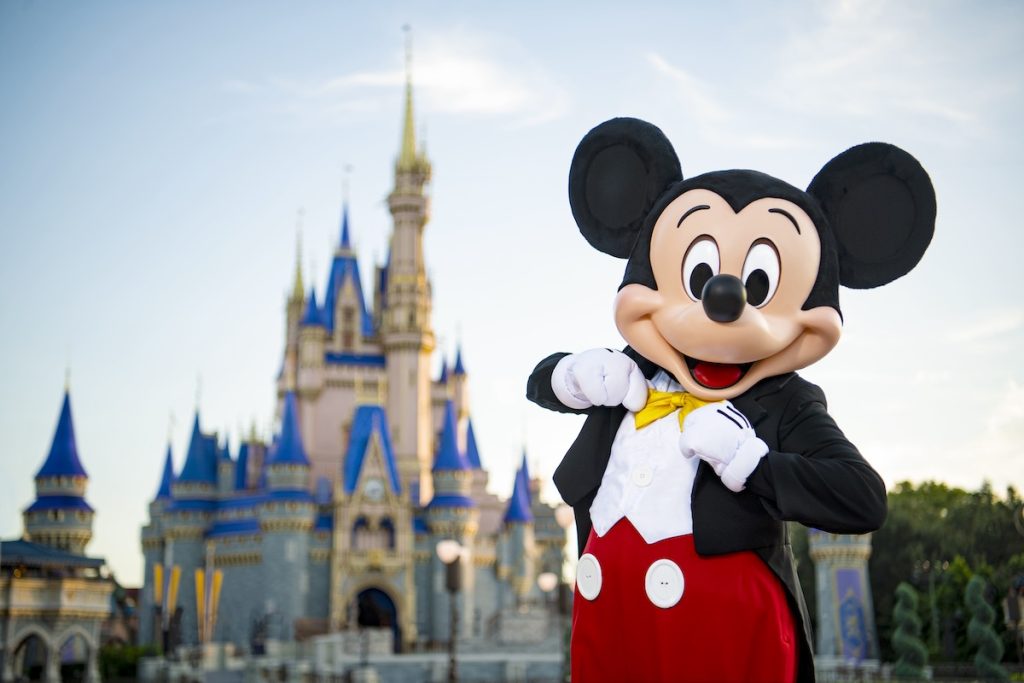The article text:
In a notable shift, Meta and Amazon have become the latest large corporations to wind down their diversity and inclusion initiatives, reflecting a broader conservative pushback in the corporate world. This trend appears to have accelerated following the re-election of Donald Trump, as numerous companies face criticism and legal uncertainties surrounding their diversity efforts.
Meta, which oversees platforms like Facebook, Instagram, and WhatsApp, recently communicated to employees its decision to end various diversity programs, citing the current "shifting legal and policy landscape." This move follows a Supreme Court ruling that restricts the ability of private institutions to consider race in college admissions. Meta's message, which has received confirmation from multiple media outlets, indicated a strategic pivot towards prioritizing diverse talent without the previous emphasis on sourcing from defined diverse pools.
Amazon also signaled similar intentions, stating in a recent internal memo that it would gradually discontinue its outdated representation and inclusion programs by the close of 2024. Candi Castleberry, Amazon’s VP of inclusive experiences, emphasized a shift towards initiatives that demonstrate clear outcomes, as the firm seeks to cultivate a more authentically inclusive culture.
The retreat from diversity efforts extends beyond Meta and Amazon; significant corporations such as Walmart and McDonald's have also reassessed their initiatives. This trend follows intensified conservative sentiments and potential political ramifications for companies perceived as engaging in what opponents call "woke" culture. Financial institutions like JPMorgan Chase and BlackRock have similarly withdrawn from commitments related to climate risk initiatives this week.
The backlash against diversity initiatives has been propelled by past criticisms related to corporate responses to the Black Lives Matter movement post-2020. Legal battles, particularly recent rulings affirming opposition to affirmative action practices, have further fueled skepticism towards these programs, which critics argue can perpetuate discrimination.
Reacting to these developments, conservative activists expressed satisfaction, labeling the changes as victories against perceived progressive overreach. Conversely, organizations like the Human Rights Campaign (HRC) have voiced concern, reiterating the essential role such policies play in attracting top talent and ensuring equitable workplaces. RaShawn “Shawnie” Hawkins, a representative from the HRC, characterized the abandonment of these commitments as a dereliction of corporate responsibility to employees and stakeholders alike.
The reversal in policies at Meta accompanies a host of leadership changes within the company, spearheaded by its CEO Mark Zuckerberg, who voiced growing concerns about the role of corporate accountability in the socio-political landscape. He emphasized the importance of protecting against external pressures that could hinder the company's operations and unity in an increasingly polarized environment.
As major brands reassess their positions in this ongoing cultural conversation, the outcome will undoubtedly shape corporate strategy and the broader narrative around diversity and inclusion in the years to come.
In a notable shift, Meta and Amazon have become the latest large corporations to wind down their diversity and inclusion initiatives, reflecting a broader conservative pushback in the corporate world. This trend appears to have accelerated following the re-election of Donald Trump, as numerous companies face criticism and legal uncertainties surrounding their diversity efforts.
Meta, which oversees platforms like Facebook, Instagram, and WhatsApp, recently communicated to employees its decision to end various diversity programs, citing the current "shifting legal and policy landscape." This move follows a Supreme Court ruling that restricts the ability of private institutions to consider race in college admissions. Meta's message, which has received confirmation from multiple media outlets, indicated a strategic pivot towards prioritizing diverse talent without the previous emphasis on sourcing from defined diverse pools.
Amazon also signaled similar intentions, stating in a recent internal memo that it would gradually discontinue its outdated representation and inclusion programs by the close of 2024. Candi Castleberry, Amazon’s VP of inclusive experiences, emphasized a shift towards initiatives that demonstrate clear outcomes, as the firm seeks to cultivate a more authentically inclusive culture.
The retreat from diversity efforts extends beyond Meta and Amazon; significant corporations such as Walmart and McDonald's have also reassessed their initiatives. This trend follows intensified conservative sentiments and potential political ramifications for companies perceived as engaging in what opponents call "woke" culture. Financial institutions like JPMorgan Chase and BlackRock have similarly withdrawn from commitments related to climate risk initiatives this week.
The backlash against diversity initiatives has been propelled by past criticisms related to corporate responses to the Black Lives Matter movement post-2020. Legal battles, particularly recent rulings affirming opposition to affirmative action practices, have further fueled skepticism towards these programs, which critics argue can perpetuate discrimination.
Reacting to these developments, conservative activists expressed satisfaction, labeling the changes as victories against perceived progressive overreach. Conversely, organizations like the Human Rights Campaign (HRC) have voiced concern, reiterating the essential role such policies play in attracting top talent and ensuring equitable workplaces. RaShawn “Shawnie” Hawkins, a representative from the HRC, characterized the abandonment of these commitments as a dereliction of corporate responsibility to employees and stakeholders alike.
The reversal in policies at Meta accompanies a host of leadership changes within the company, spearheaded by its CEO Mark Zuckerberg, who voiced growing concerns about the role of corporate accountability in the socio-political landscape. He emphasized the importance of protecting against external pressures that could hinder the company's operations and unity in an increasingly polarized environment.
As major brands reassess their positions in this ongoing cultural conversation, the outcome will undoubtedly shape corporate strategy and the broader narrative around diversity and inclusion in the years to come.

















